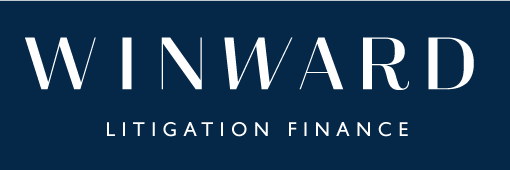Hall v Saunders Law Ltd & Ors [2020] EWHC 404
This case concerns the extent of the duties (if any) owed by solicitors who conduct funded litigation to those who provide the litigation funding. It is an important case because the funding agreements regularly include references to how solicitors are to deal with funders and yet ultimate control of the litigation always remains with the solicitors. If a conflict occurs between the interest of client and the interest of funder, then the funding agreement will usually say that the solicitor should consider the client’s interest before that of the funder. The case did not involve a litigation funder that was a member of ALF. By the time of the proceedings, it was in liquidation, which says something about the nature of the funder in the first place. The nub of the complaint in the case was that the solicitor defendants did not communicate to the funder various pessimistic views expressed by counsel as to the prospects of success. Such failures amounted, it is said, to breaches of the funding agreement as well as breaches of a common law duty of care, and a fiduciary duty, owed by the solicitors to the funder.
The solicitors’ defence was that the funding agreement contained no duty to pass on to the funder any views, pessimistic or otherwise. The duty was only owed by their client. All obligations were imposed on the client, not the solicitors. As a consequence, they could not be under any independent or fiduciary duty. The funder’s position was that the solicitors would have known that the funder would be relying on the solicitors to report any material developments to the funder. If they had received poor advice, they would have needed to pass on the advice to their client and they would have known that the client would need to report the advice to the funder, or instruct the solicitors to do so. The Court accepted that the solicitors were also aware of the terms of the ATE policy which formed part of the admissible background known to both parties.
However, the Court considered that the funding agreement did not impose any such free-standing obligations on the solicitors. Although it would perhaps have been better to impose direct obligations upon the solicitors, the funding agreement was not incoherent without such obligations and so they could not now be implied. The consequence of the failure of the contractual case was that the common law duty or fiduciary duty arguments also failed since where the parties are in a contractual relationship, it is the terms of the contract that will normally define their duties to each other. What of the position if the solicitors were aware that their client was refusing to pass on information to the funder? The Court felt that it was inherently unlikely that the parties would have set up an arrangement in which conflicting fiduciary duties were likely to arise. On that basis, there was no reason to override the terms of the agreement that confined the fiduciary duty to the client alone.
At first blush, this decision seems unfair on the funder. The funded party could not make good the funder’s loss and it had no remedy against the solicitor who allowed the funder to remain in ignorance as to the true position. It shows the danger of including the solictors into the primary contract without providing any freestanding obligations to them. It would have been a simple matter of drafting some such obligations in the contract. However, the practical consequence could have been that the drafting led to a conflict of interest where the solicitors had conflicting duties. It is not uncommon that the solicitors, even if they do not sign the funding agreement, do recognise via independent terms or a specific letter to the funder that they owe duties to the funder. It would be a very unsatisfactory state of affairs for a funder if it was not able to assume that the solicitors would report the true position about a case that they are being paid by the funder to advance. Whilst a bad case on the facts for the funder, it should be possible with appropriate drafting to avoid this negative outcome.
